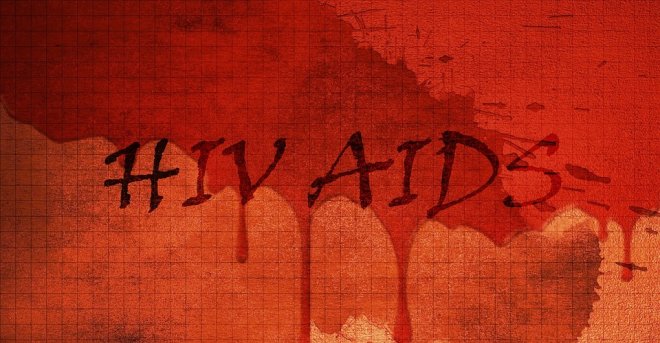
December 1 has been observed as World AIDS Day since 1988 to spread awareness about HIV infection and to mourn the deaths caused by this retrovirus.This dreaded disease caused by Human Immuno Virus (HIV) usually affects the immunity of a person, which will finally result in the inevitable death. Even though government authorities all around the world are conducting awareness campaigns, the disease still claims hundreds of lives per year.
According to experts, the early symptoms of AIDS is generally mild, but if you find these symptoms persisting for quite a long time, it is better to conduct a quick Elisa test to make sure that you are not infected. Please find below some of the most common symptoms of AIDS.
Symptoms of Flu: This is the first and foremost symptom which will get developed in a person's body when he is infected with HIV. In the early weeks after you get infected, the person will start showing symptoms of Flu, which includes headache, sore throat, and slight fever. Some of the HIV victims have complained of headaches with joint pains, and doctors consider this as a characteristic symptom of being infected.
Recurring Fever: When your body gets infected, the initial way in which it will respond is by raising the temperature within. Recurring fever rising up to 102 Degree Fahrenheit, with swollen lymph nodes and sore throats are a usual characteristic of being infected. As the fever gets recurring in the body, the virus gradually penetrates into the bloodstream and starts replicating. This disrupts the normal functioning of the immune system, finally resulting in an inflammatory reaction.
Apart from fever, the body will be also more prone to various infectious diseases like Pneumonia and tuberculosis.
Skin rashes: Herpes and shingles are quite common among people with HIV. According to studies, people who are infected develop dermatological issues like skin rashes and bumps in the initial months, and it may turn severe as the condition progresses.
Menstrual changes: Women who are infected with HIV usually experience changes in their menstrual cycle. The periods will be lighter than before, and in some worst cases, the infected woman may not bleed at all. The discomfort associated with menstruation will be also pretty high if the victims.









